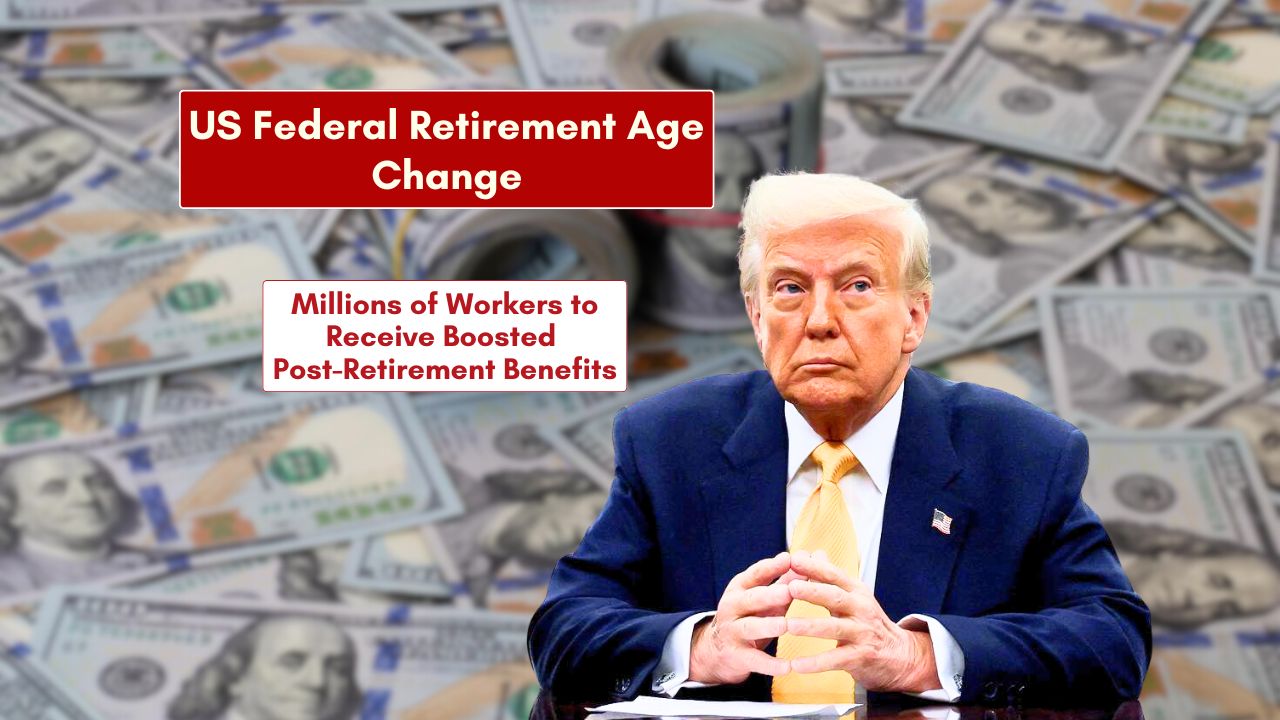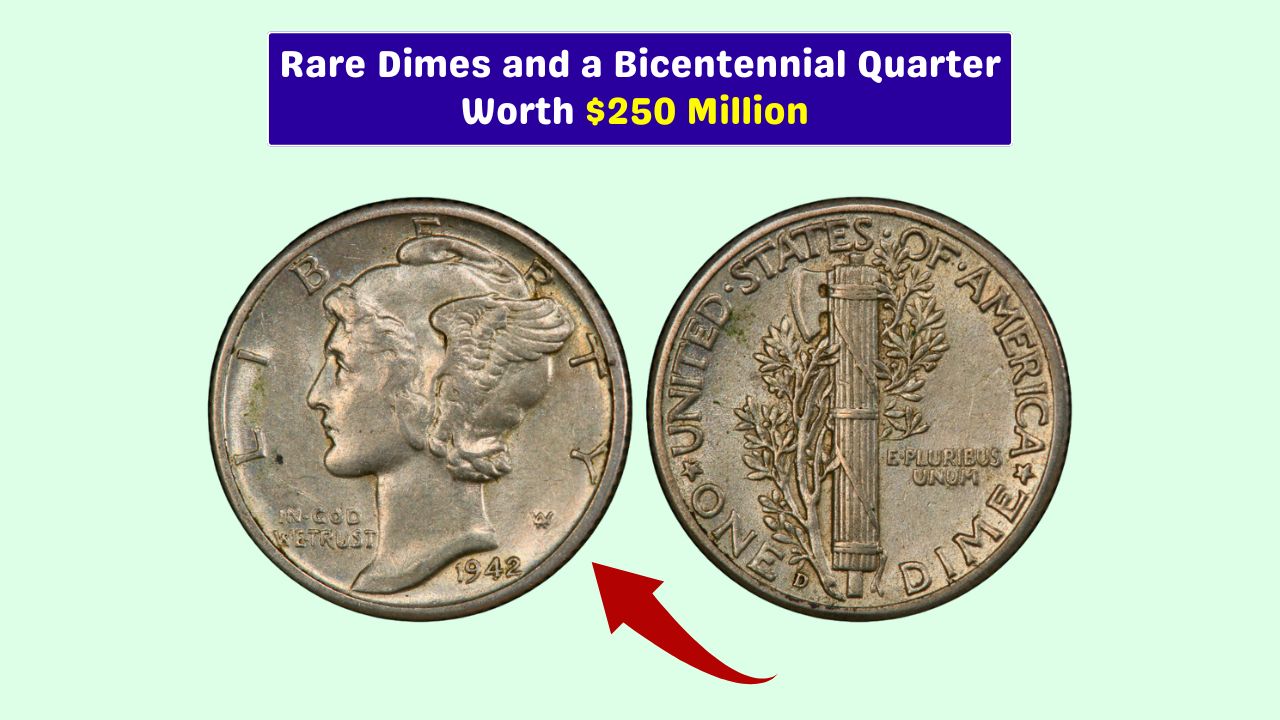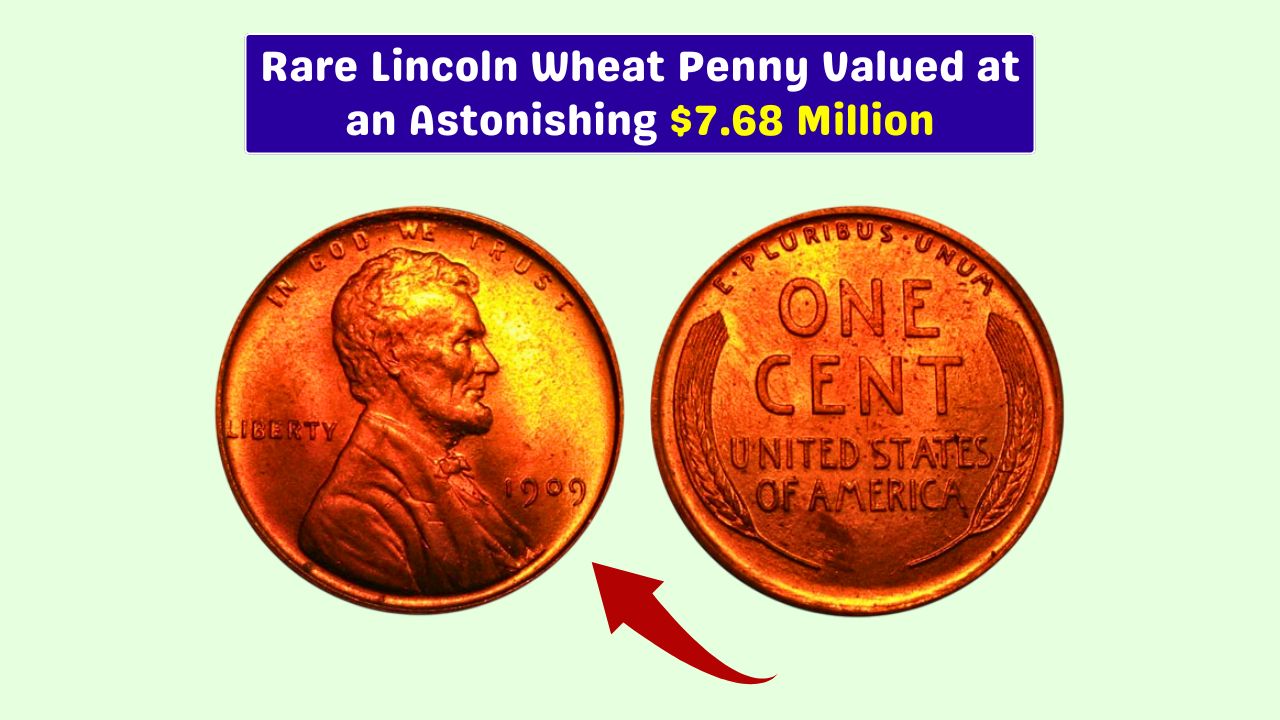Big changes are coming to the U.S. federal retirement system, and if you’re a government worker—or plan to become one—this affects you.
The federal government has officially announced a phased increase in the retirement age, a major policy shift aimed at keeping the pension system sustainable while adjusting to how long people live and work today.
So, what exactly is changing, and how will it impact your retirement plans? Let’s break it all down in simple terms.
Table of Content
Reasons
Why is the retirement age going up? It’s all about sustainability and fairness. With Americans living longer and the federal pension fund feeling the pressure, the current model is no longer holding up. Here’s why the government is making this move:
- People are living longer, which means retirement benefits are paid out over more years
- The pension fund is strained by higher payouts and fewer contributors
- Countries around the world are making similar moves to deal with demographic shifts
So this isn’t just a national issue—it’s part of a global trend.
Timeline
This isn’t happening overnight. The new retirement age will be rolled out gradually, which gives workers time to adjust. Here’s how the timeline breaks down:
- Full retirement age will increase from 62 to 65
- This shift will take place over a 10-year period from 2025 to 2035
- Early retirement will still be allowed from age 60, but with reduced benefits
- Anyone currently aged 55 or older won’t be affected
- New federal hires starting in 2025 will automatically fall under the new rules
This phased approach is designed to protect current workers while reshaping the future system.
Benefits
While the idea of working longer may not sound exciting, there are actually several advantages built into the new plan:
- Higher monthly pension payouts due to extended contribution time
- Extended eligibility for federal retiree health insurance coverage
- Better job security through longer protected service periods
- More time to grow your Thrift Savings Plan (TSP) or other retirement funds
So, working a few extra years could translate into thousands more in long-term retirement income.
Comparison
Let’s look at a side-by-side breakdown of the current system versus the one rolling out by 2035:
| Feature | Current Policy | New Policy (By 2035) |
|---|---|---|
| Full Retirement Age | 62 | 65 |
| Early Retirement with Penalty | 60 | 60 |
| Minimum Years of Service | 20 | 25 |
| Pension Formula | 1.1% x Avg. Salary x YOS | 1.2% x Avg. Salary x YOS |
| Eligibility for Health Benefits | Yes | Yes |
| Automatic Enrollment Age | N/A | 2025 onwards |
| Affected Employees | Future Retirees | All below age 55 |
| Transition Period | None | 2025–2035 |
These numbers show that even though you’ll need to work longer to get full benefits, you’ll also be rewarded with a slightly more generous formula.
Impact
So who is affected and how? In short:
- If you’re 55 or older now, you’re in the clear—your retirement rules stay the same
- If you’re younger than 55, you’ll be gradually shifted into the new age threshold
- If you’re starting a federal job in 2025 or later, you’ll automatically be under the new retirement age
This makes it essential for current workers under 55 to start adjusting their retirement plans now—whether that means saving more aggressively or preparing for a longer work life.
The U.S. federal retirement age increase is one of the most significant public sector policy shifts in years.
While it may seem like a drawback at first glance, the truth is it’s a move toward long-term financial stability—for both workers and the pension system itself.
With more time to save, higher payouts, and extended health benefits, the new plan offers several perks for those willing to stick around a little longer. Planning ahead today means retiring smarter tomorrow.
FAQs
When does the new retirement age start?
The phased increase begins in 2025.
Who is not affected by the new rule?
Employees aged 55 and older are not affected.
What is the new full retirement age?
It will gradually rise to 65 by 2035.
Will I still get health benefits?
Yes, health coverage remains available under the new policy.
Do new employees have different rules?
Yes, new hires from 2025 follow the new retirement age system.









